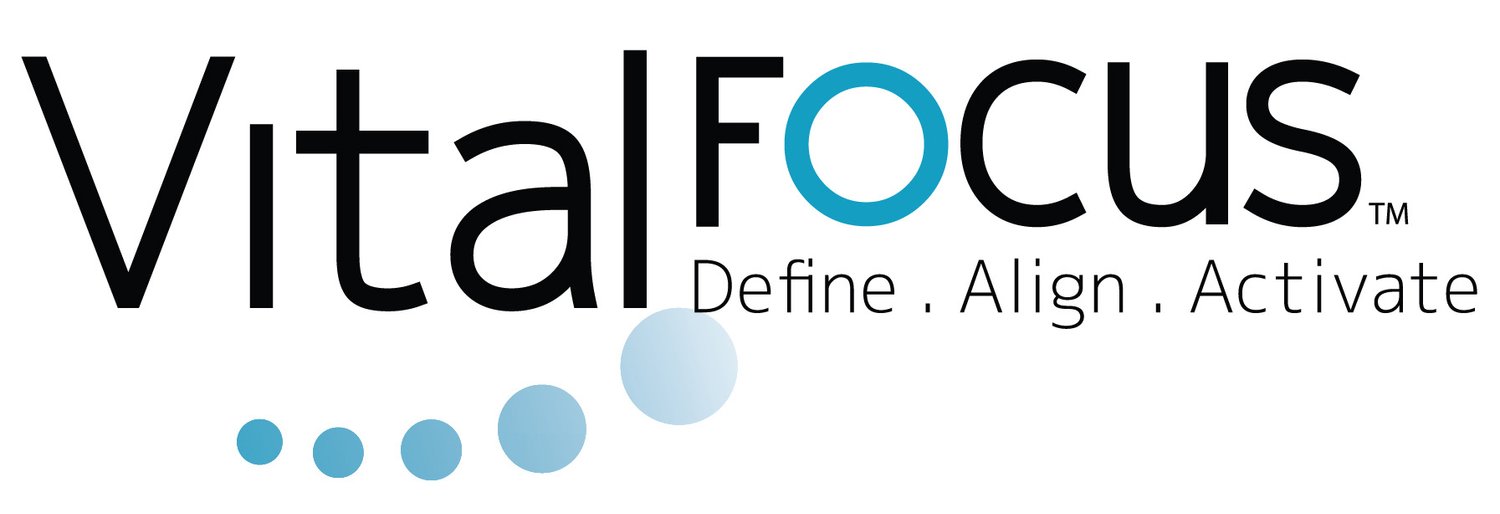“Amy is an amazing executive coach with impressive management skills. She…quickly helped me develop a plan to overcome challenges [and] has been a light beam for me. I notice how my discussions with Amy bring me closer to what gives me more energy and joy.
”
“In just one session, after doing a couple of inventories on my own, [Amy] helped me clearly define my strengths and expertise in a way that I feel I ‘own’ them and [can] communicate them clearly in words.”
Your values, Centerstage
We spend a lot of resources investing in things outside of ourselves: family, friends, co-workers, institutions, houses, cars, and that new mobile phone. Yes to all of that. But the act of investing in oneself is key. It carries the potential to shift not only what you do, and how you go about doing it, but it can also shift the very essence of who you are as a person.
In that way, your values are centerstage. They’re the ideas and principles that guide your every decision. My coaching is values-driven, assessment-based, strengths-focused, strategic, and practical. Every client walks away with a concrete plan to put into play.
Assessments: First things first
Before charting the direction to take, know your starting point. What are your values and core competencies? What habits, communication styles, and worldview bring you to this moment? Here are some tools I use with clients:
California Personality Inventory – Helps people understand the characteristics, motivations, and work styles that shape your personal and work-related endeavors.
Center for Creative Leadership’s suite of 360 assessments – Offers feedback on leadership skills, as well as context for comparing to peers serving in similar positions.
Enneagram – Sheds light on a person’s worldview and nine strategies that shape habits of thought, feeling, and behavior.
EQi2.0 – Measures emotional and social functioning in the workplace, offering customized strategies in conflict resolution, change management, teamwork, decision-making, etc.
Fundamental Interpersonal Relations Orientation-Behavior (FIRO-B) – Assesses interpersonal needs and how those needs show up in communication and behavior.
Myers-Briggs Type Indicator (MBTI) – Examines personality preferences and offers strategies for bridging differences with others in communication, work contexts, problem-solving, stress management, and change management.
Predictive Index Behavioral Assessment – Identifies and measures four behavioral drives and needs that lie behind a person’s workplace behavior.
Six Domains of Leadership Survey – Gathers data on perceptions of a leader from a variety of viewpoints within an organization.
StrengthsFinder 2.0 – Measures and categorizes talents, patterns of thinking, feeling, and behaving.

